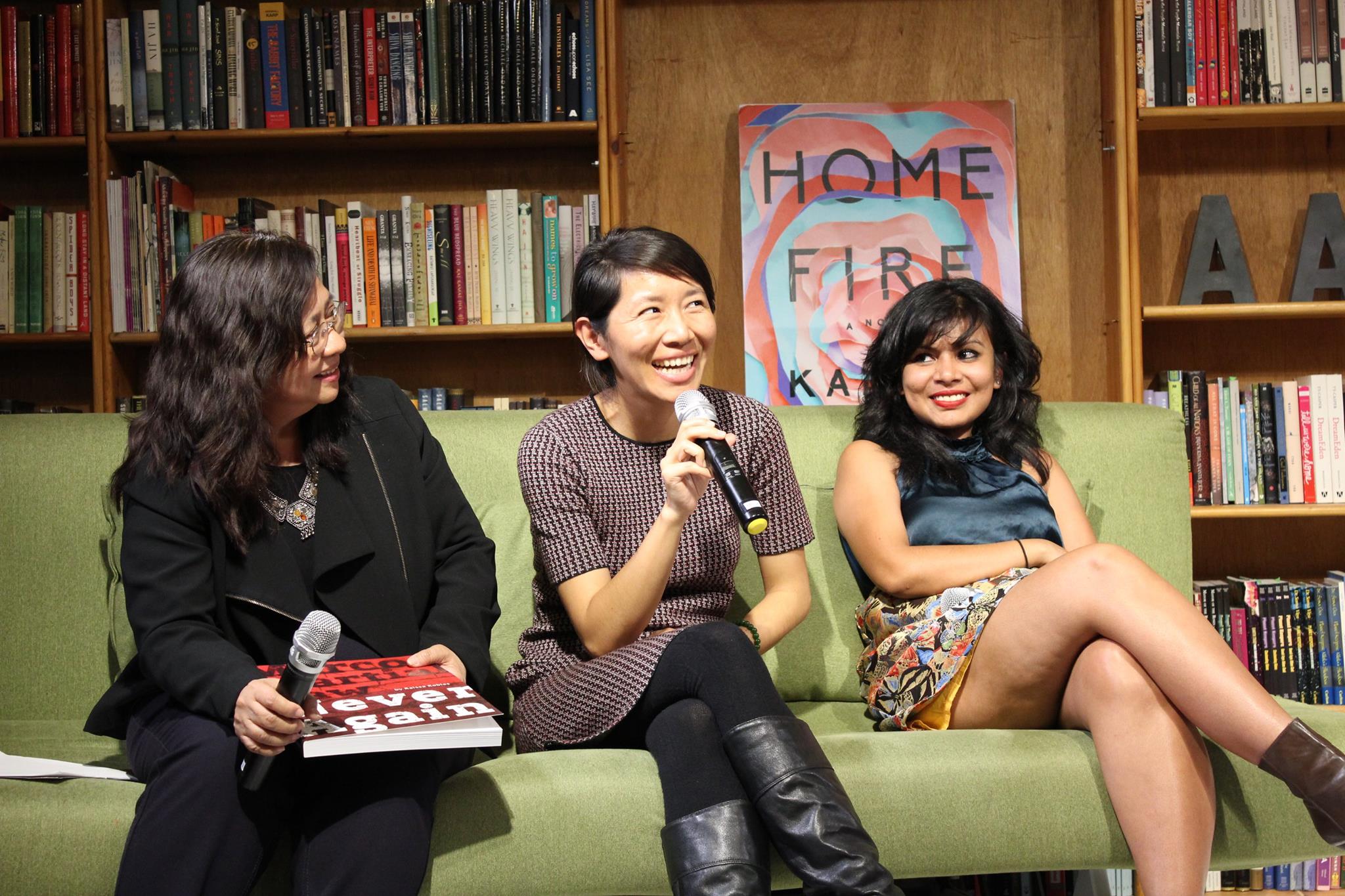At its June meeting, the Board of the Henry Luce Foundation approved 29 grants totaling more than $10 million. These grants focus on empowering community-based leaders and knowledge makers and strengthening efforts to achieve racial equity and social justice.
Empowering Community-Based Leaders
The Foundation’s Asia Program provided renewed funding for the Transpacific Literary Project, an initiative at the Asian American Writer’s Workshop (AAWW) that amplifies the voices of Asian and AAPI literary artists. Through its online magazine, The Margins, AAWW provides a platform for both emerging voices and prominent writers such as Jhumpa Lahiri and Viet Thanh Nguyen.
Recognizing that Indigenous knowledge makers and communities cannot perpetuate traditional practices without the support of a strong legal and administrative framework, the Religion and Theology Program and the Indigenous Knowledge Program joined together to contribute $900,000 to the Native American Rights Fund (NARF). With this investment, NARF will integrate the U.N. Declaration on the Rights of Indigenous Peoples (UNDRIP) into tribal and state constitutions and laws, which, unlike UNDRIP, are recognized by U.S. courts and legislatures.
Building on the trailblazing work of the Clare Boothe Luce Program for Women in STEM, the Foundation has launched the STEM Convergence Initiative to focus on broadening participation of women of color and creating opportunities for systemic change in STEM spaces. The initiative’s first grant will produce a webinar and podcast series developed by the Society of STEM Women of Color that will elevate the voices of diverse women and share best practices and promising new ideas for advancing equity, diversity, and inclusion in STEM.
Prioritizing Racial Equity and Social Justice
Important projects will also advance the Foundation’s commitment to social justice. Earlier this year, the American Art Program launched its Museum Partners for Social Justice Project, a new initiative that aims to engage museums in dialogues that develop and disseminate anti-racist project models. The Isabella Stewart Gardner Museum (ISGM) in Boston and the Mississippi Museum of Art (MMA)—which have both had success implementing innovative frameworks that thoughtfully engage with new and diverse constituents—were selected to share their practices and experiences. In June, the Program made grants to two additional museum partners. The Memphis Brooks Museum of Art and the Weatherspoon Art Museum at UNC Greensboro (WAM) will enter into dialogue with the ISGM and MMA as they advance their own anti-racist practices across their museums and through specific project work.
The Asia Program’s Southeast Asia Initiative awarded its third round of grants, which included support for the University of Wisconsin, Madison’s new effort on Social Justice in Southeast Asia. New faculty hires will develop social justice-themed courses and connect the departments of history, Asian languages and cultures, anthropology, and the international studies program with other areas including women and gender studies, human rights, and environmental studies. It will also invite Southeast Asian social justice practitioners to share their knowledge with campus groups and incorporate a racial justice-oriented Hmong studies program.
Together with the many other grants approved by the Foundation’s Board, these commitments exemplify and advance the Henry Luce Foundation’s commitments to justice, equity, inclusion, and understanding.





